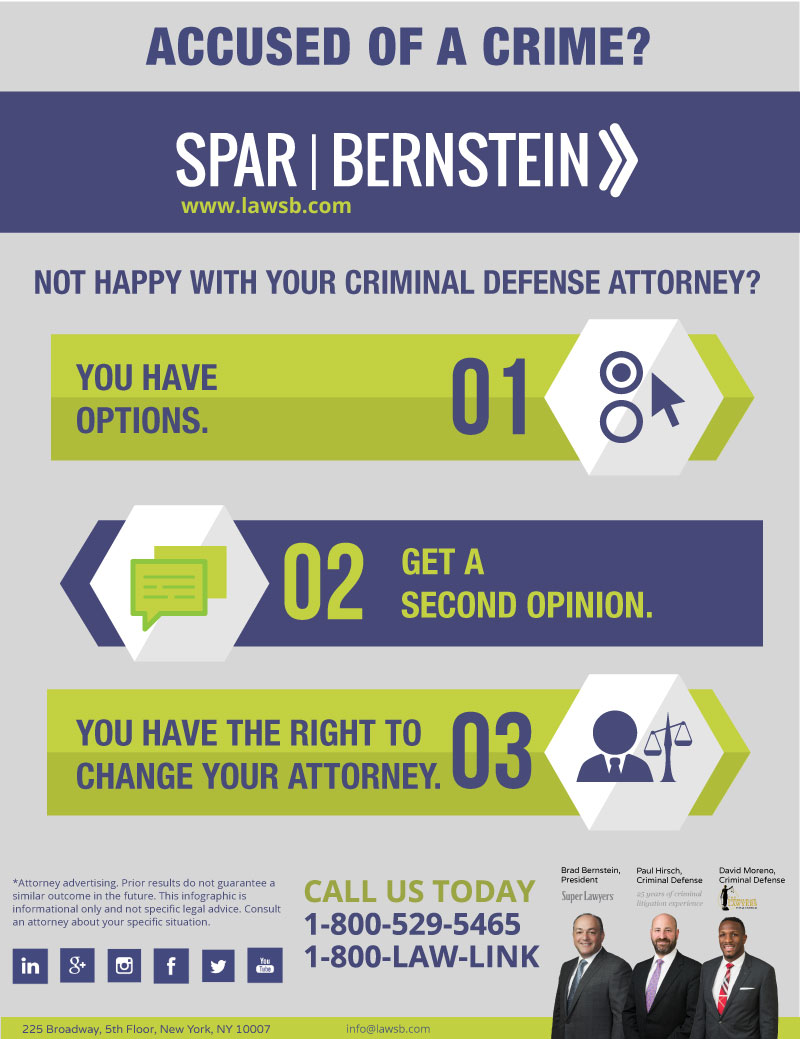Fine-Tune Your Expertise Of Trial Preparation As We Assess The Precise Techniques That Criminal Justice Attorneys Utilize-- What Crucial Activities Do They Do?
Fine-Tune Your Expertise Of Trial Preparation As We Assess The Precise Techniques That Criminal Justice Attorneys Utilize-- What Crucial Activities Do They Do?
Blog Article
Created By-Ritter Mcmahon
When you think of the preparation that enters into a criminal trial, it's simple to ignore the extensive behind the curtain job attorneys take part in. You'll discover that they start by examining the situation information and gathering proof, but it does not quit there. They craft techniques based upon that's supervising the instance and that's sitting on the jury. As they browse the complexities of each test, they also have to anticipate the prosecution's relocations. So, what specific steps do they take to make sure every little thing lines up flawlessly come trial day?
Situation Evaluation
When preparing for a trial, a comprehensive case assessment is important for any criminal justice attorney. You'll begin by assessing the facts of your situation, which sets the structure for your technique. Recognizing the timeline of events, determining principals, and identifying potential weaknesses in the prosecution's disagreement will certainly aid you build a strong method.
Next off, you'll evaluate any type of existing lawful precedents that might influence your instance. Familiarizing on your own with comparable cases can supply important understandings right into exactly how courts might translate the regulation. This expertise allows you to expect challenges and resolve them proactively.
In addition, you'll wish to talk to your client to gather their perspective and guarantee their narrative straightens with the evidence. Reliable interaction also assists build count on, which is vital for a strong attorney-client partnership.
Lastly, take into consideration the effects of different results. This analysis not only prepares you for trial but also enables you to recommend your customer on feasible appeal deals or different resolutions.
Evidence Collection
After analyzing the situation, the next action includes gathering proof that sustains your client's defense. This procedure is important, as the toughness of your case often hinges on the high quality and relevance of the proof you collect.
You'll start by identifying possible sources of evidence, which might include witness statements, authorities reports, surveillance video, and forensic data.
As soon as you've pinpointed these sources, you'll need to obtain them lawfully and morally. This could imply filing requests for records, interviewing witnesses, and coordinating with professionals that can examine physical proof.
Be detailed in your documents; every item of proof ought to be cataloged diligently to ensure you can reference it conveniently during trial.
It's also necessary to evaluate the evidence for its admissibility. Some items could be engaging however can encounter difficulties in court as a result of lawful guidelines. Get the facts 'll wish to anticipate any arguments from the prosecution and prepare counterarguments.
Ultimately, maintain your client notified throughout this procedure. Openness constructs trust and helps them comprehend just how each piece of evidence adds to their protection strategy.
This collaborative strategy lays the foundation for a solid case as you move better to trial.
Test Approach Growth
Creating a trial strategy is essential for properly providing your situation in court. You'll wish to begin by examining the evidence collected and identifying essential styles that support your client's placement. Consider just how to provide the truths in an engaging story that reverberates with the court.
Next, consider your audience. You need to customize your strategy based upon the discretionary's histories, beliefs, and worths. This understanding can lead how you mount your disagreements and pick which evidence to highlight.
It's also vital to expect the prosecution's approach. Recognize prospective weak points in your case and establish counterarguments to resolve them proactively. Consider what questions jurors may have and be prepared with clear, succinct reactions.
As soon as you have actually developed your core arguments, method providing them confidently. Mock trials can be helpful for improving your presentation style and assessing the performance of your method.
Finally, continue to be adaptable throughout the test. Be ready to adjust your strategy as new proof or growths arise, ensuring you remain focused on accomplishing the most effective result for your client.
Verdict
In preparing for test, you need to remain organized and proactive. By thoroughly assessing the instance, gathering strong proof, and crafting a calculated technique, you'll set yourself up for success. Keep in mind, flexibility is essential; prepare to adapt as the trial advances. With reliable communication and technique with simulated tests, you'll be fully equipped to counter any kind of obstacles that emerge. Inevitably, your prep work can make all the difference in accomplishing a positive outcome for your customer.
